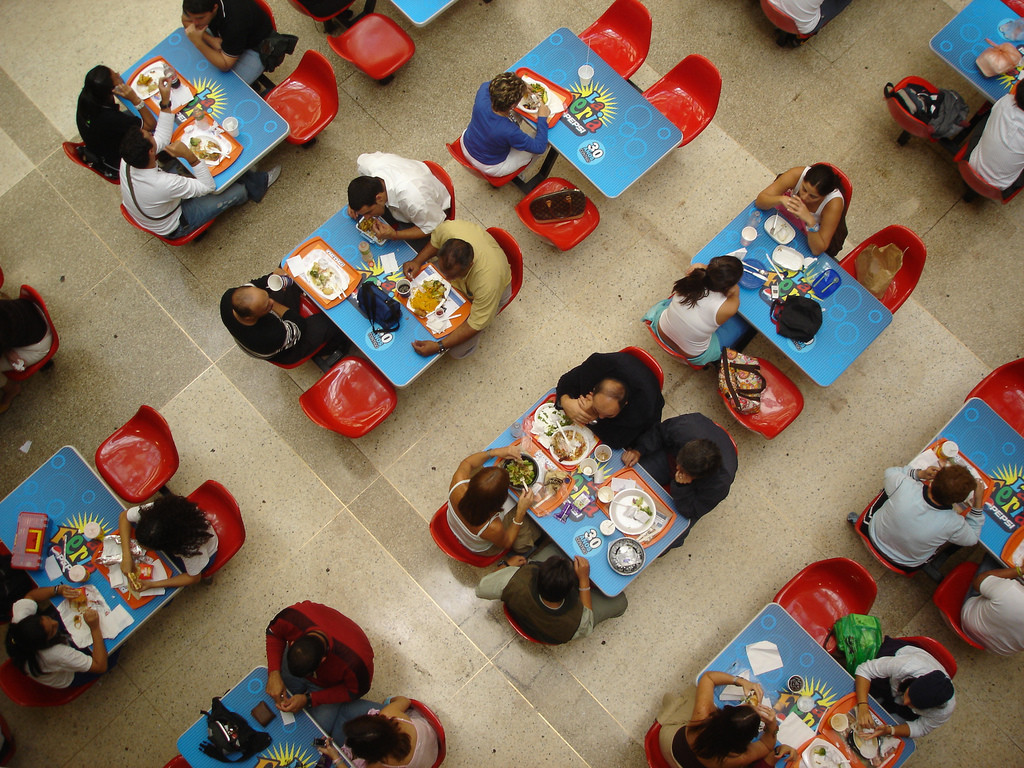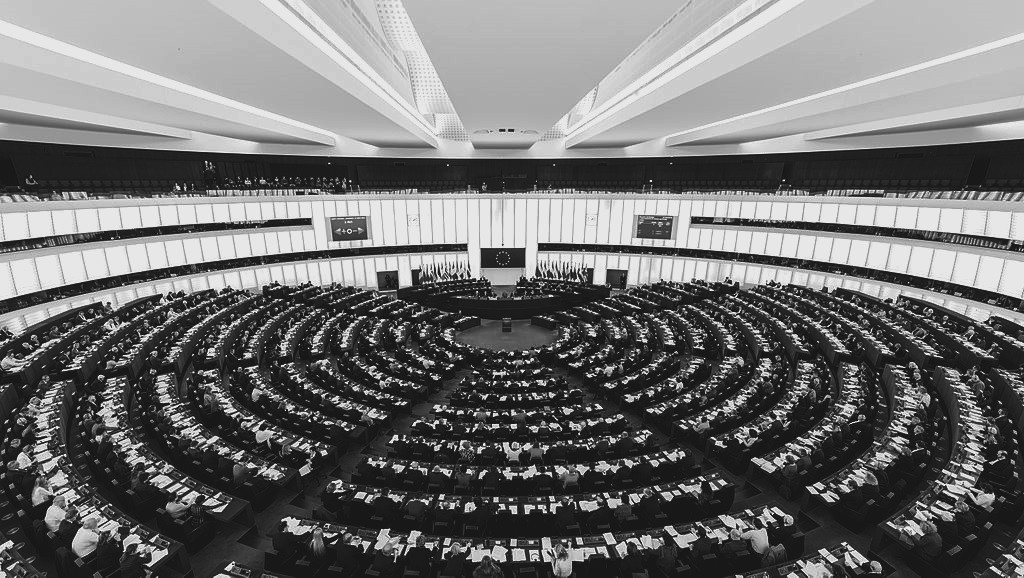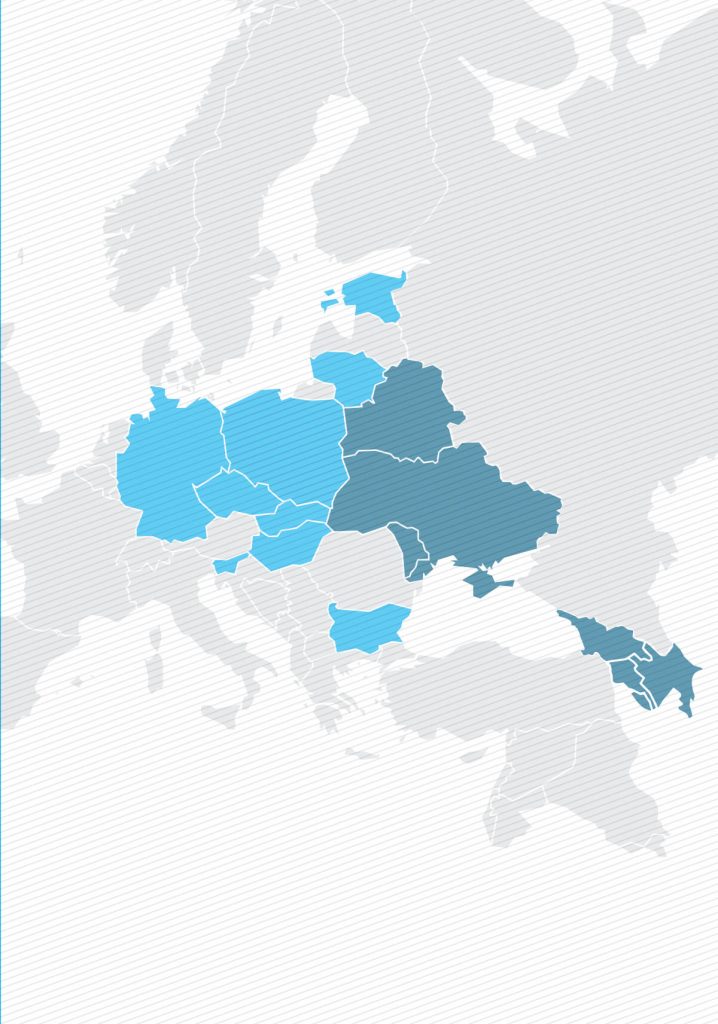
Meal Vouchers Reduce Employee’s Salary
BY
Jan Dinga / March 20, 2015
Slovak Labour Code that requires separation of the meal contribution for an employee from the salary of the employee created an artificial meal voucher market and ensured the voucher companies millions in revenue and generous profit margins, which are, at the end of the day, paid by the majority of workers, employers and restaurateurs in Slovakia.











